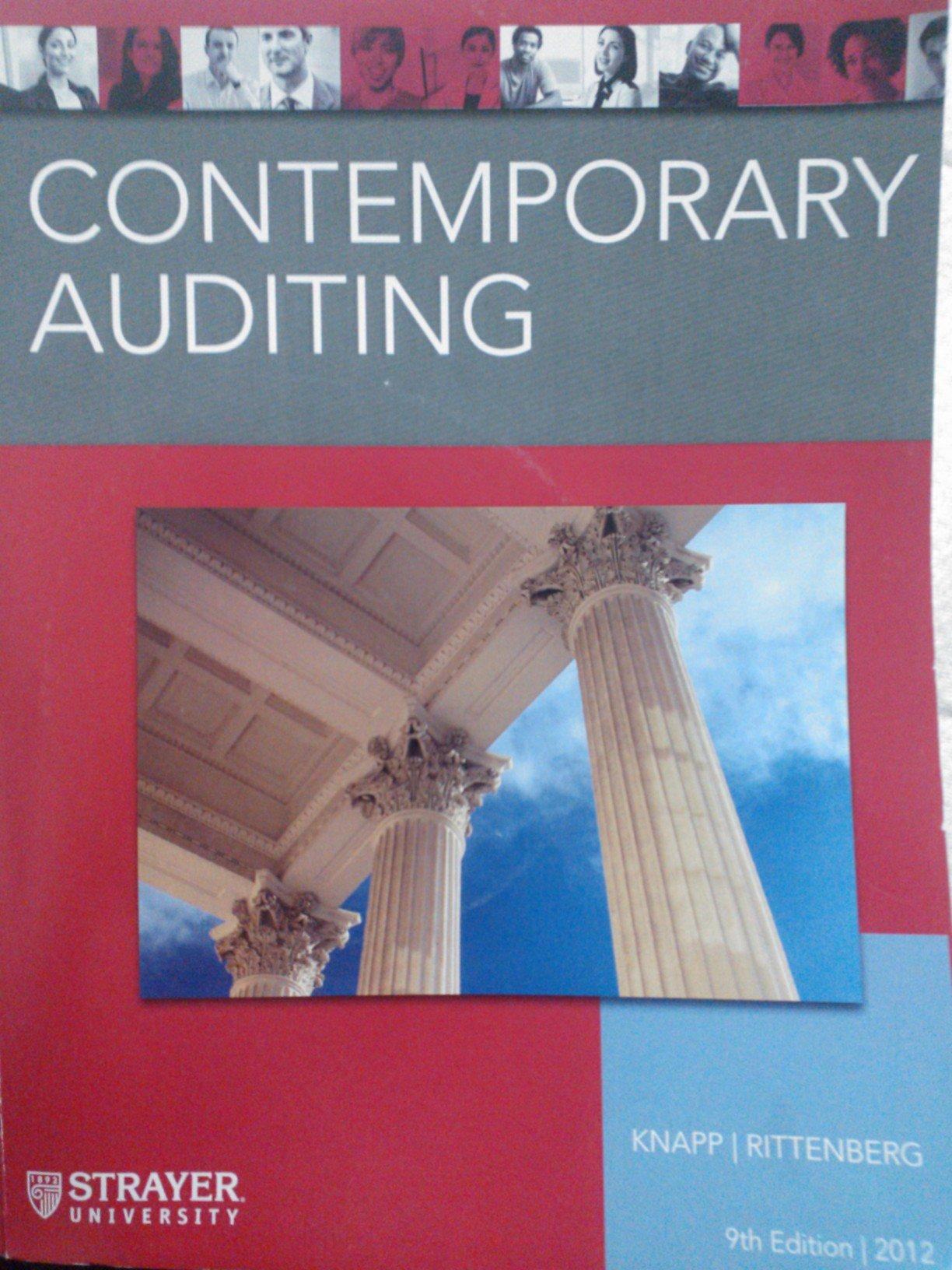Question
The executive officers of Rouse Corporation have a performance-based compensation plan. The performance criteria of this plan is linked to growth in earnings per share.
The executive officers of Rouse Corporation have a performance-based compensation plan. The performance criteria of this plan is linked to growth in earnings per share. When annual EPS growth is 12%, the Rouse executives earn 100% of the shares; if growth is 16%, they earn 125%. If EPS growth is lower than 8%, the executives receive no additional compensation. In 2014, Joan Devers, the controller of Rouse, reviews year-end estimates of bad debt expense and warranty expense. She calculates the EPS growth at 15%. Kurt Adkins, a member of the executive group, remarks over lunch one day that the estimate of bad debt expense might be decreased, increasing EPS growth to 16.1%. Devers is not sure she should do this because she believes that the current estimate of bad debts is sound. On the other hand, she recognizes that a great deal of subjectivity is involved in the computation. Questions What is the ethical dilemma for Devers?
What are the alternative solutions? Evaluate whether the proposed solution is ethical.
Who are the stakeholders? How are they impacted?
Step by Step Solution
There are 3 Steps involved in it
Step: 1

Get Instant Access to Expert-Tailored Solutions
See step-by-step solutions with expert insights and AI powered tools for academic success
Step: 2

Step: 3

Ace Your Homework with AI
Get the answers you need in no time with our AI-driven, step-by-step assistance
Get Started


